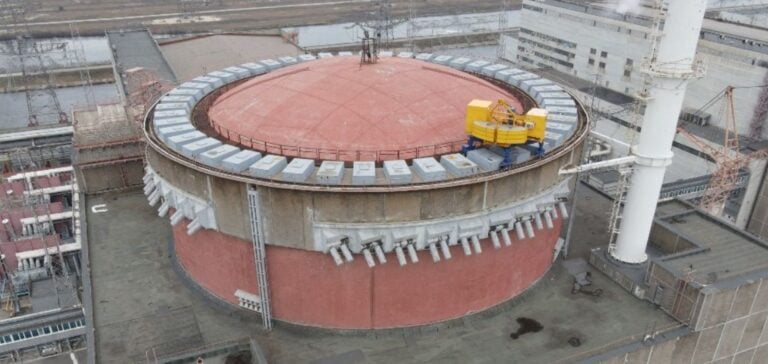The Czech Republic plans to financially support the construction of the new nuclear unit at Dukovany through a power purchase agreement with a specially created entity. This will guarantee stable income for the next 40 years. A subsidized state loan will cover the majority of construction costs, while a protection mechanism against unforeseen events or policy changes will provide additional financial security for the country andEurope on a broader scale.
European Commission approval and conditions
The European Commission approved the plan, stipulating that the aid would be proportional and would not excessively distort the operation of the electricity market. A remuneration mechanism similar to a bilateral contract for difference will limit excessive remuneration through annual adjustments. If electricity prices are lower than the agreed level, the nuclear project will receive a subsidy to reach the agreed price; if they are higher, it will repay the surplus to the government.
Market mechanisms and gainsharing
To prevent market concentration and ensure fair competition, the Czech Republic is committed to selling at least 70% of electricity production on open energy markets, including day-ahead, intra-day and forward markets. Additional earnings generated by the project will be shared with the Czech State, thanks to a payback mechanism that will last for the entire operational life of the plant.
Energy context and future outlook
The Czech Republic currently obtains around a third of its electricity from the six existing VVER units at Dukovany and Temelín. With the planned construction of four new units, the country’s nuclear capacity will increase significantly, reaffirming its commitment to stable energy that is less dependent on external sources.
The Czech initiative for the new Dukovany unit represents not only an investment in nuclear power, but also a model for sustainable and secure energy development in Europe, in line with the European Commission’s guidelines for a balanced and competitive energy market.






















